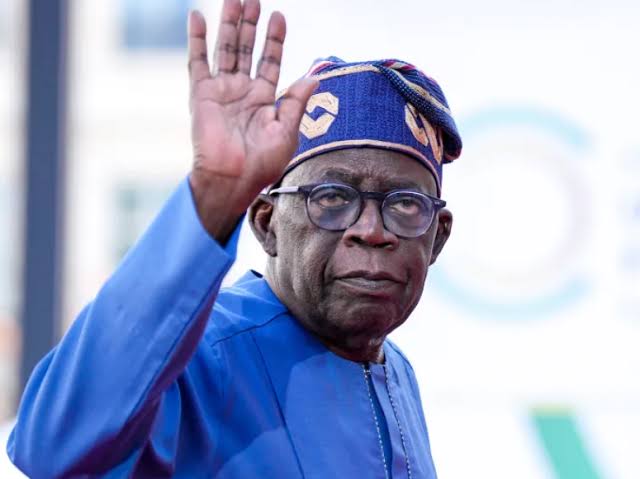The Federal Government has earmarked N50 billion in the 2025 budget for the promotion of online education in secondary schools and the expansion of Technical and Vocational Education and Training (TVET) programs.
According to the 2025 Appropriation Bill, N40 billion is allocated for TVET, while N10 billion will be used to support online classes for secondary schools.
This initiative is part of the government’s broader strategy to advance digital and vocational education in Nigeria.
These projects, under the Economic Recovery and Growth Plan (ERGP), aim to modernize Nigeria’s education system, especially considering the country’s large network of over 66,000 secondary schools.
Data from the Universal Basic Education Commission (UBEC) indicates more than 38,000 junior secondary schools in Nigeria, while the National Senior Secondary Schools Education Commission (NSSEC) reports over 28,000 senior secondary schools, with private institutions making up 70 percent of this number.
The COVID-19 pandemic accelerated the shift toward online learning as schools worldwide transitioned to virtual classrooms to cope with prolonged closures.
In Nigeria, this change became more widespread as schools adopted online learning to ensure students continued their education during the pandemic.
Dr. Tunji Alausa, Nigeria’s Education Minister, recently announced a reform in the country’s TVET sector, focusing on practical skills rather than theoretical knowledge.
Under the new system, 80% of the curriculum will prioritize hands-on training, while only 20% will focus on theory.
This shift aims to better prepare students for the job market by equipping them with essential technical skills.
Asher Daronwa, President of the Association of Mass Communication Students (AMASCOS) from Delta State University, praised the government’s initiative.
He believes that online learning will significantly improve access to education, especially in rural and underserved areas.
By overcoming challenges such as teacher shortages, transportation issues, and inadequate infrastructure, online education will ensure that all students, including those with disabilities, have access to high-quality learning experiences.
Daronwa also emphasized the flexibility of online learning, which allows students to learn at their own pace.
This personalized approach could improve overall educational outcomes, as it enables teachers to give more focused attention to students who require additional support.
Moreover, the shift to online education will reduce pressure on physical school infrastructure, allowing institutions to better accommodate their growing student populations.

















